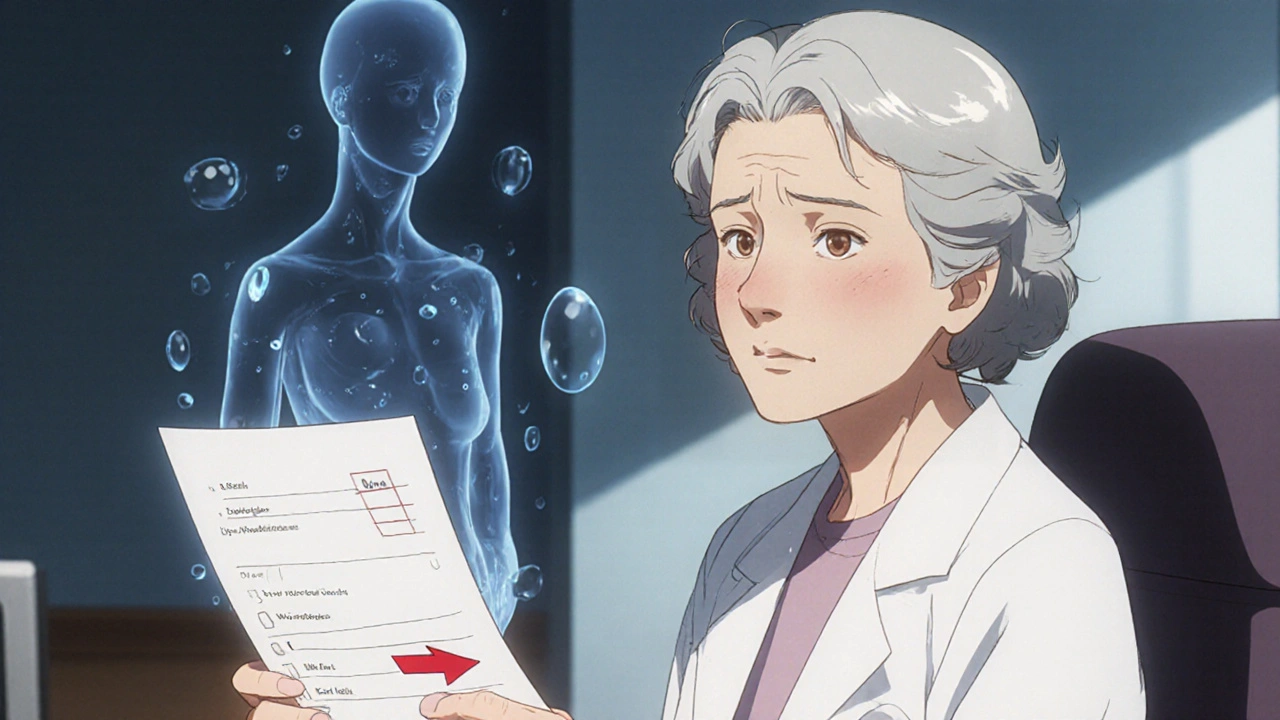Hyponatremia: Causes, Symptoms, and How Medications Affect Sodium Levels
When your blood sodium drops too low, you’re dealing with hyponatremia, a condition where sodium levels in the blood fall below 135 mmol/L, disrupting fluid balance and nerve function. Also known as low sodium, it’s not just about drinking too much water—it’s often tied to how your body handles fluids and the drugs you take. Sodium isn’t just table salt. It’s a key player in keeping your nerves, muscles, and heart working right. When levels slip, you might feel dizzy, nauseous, or confused. In severe cases, it can lead to seizures or coma. Many people don’t realize their meds could be the hidden cause.
Diuretics, like hydrochlorothiazide and furosemide (Lasix), are among the most common culprits behind hyponatremia. These drugs help remove extra fluid, but they can flush out too much sodium along with it. That’s why people on blood pressure meds like Zestoretic, a combo of lisinopril and hydrochlorothiazide, or those using Lasix, a loop diuretic often prescribed for heart failure or swelling, need regular sodium checks. Heart failure itself also plays a role—when the heart can’t pump well, the body holds onto water, diluting sodium. Kidney function matters too. If your kidneys can’t concentrate urine properly, sodium leaks out faster than it should. Even some antidepressants and pain meds can mess with your body’s water balance. Hyponatremia doesn’t always show obvious signs, which is why it’s often missed until someone feels off for no clear reason.
What you’ll find here isn’t just theory. These articles show real connections between medications and sodium levels. You’ll see how drugs like hydrochlorothiazide in Zestoretic, or diuretics used for heart and kidney conditions, can tip the scales. You’ll also learn how conditions like heart failure, liver disease, and even overhydration tie into sodium balance. This isn’t about guessing—it’s about spotting patterns, understanding risks, and knowing what to ask your doctor. Whether you’re managing a chronic condition or just noticed unusual fatigue, the posts below give you the facts you need to stay safe.

Older Adults on SSRIs: How to Prevent Hyponatremia and Falls
SSRIs help many older adults with depression, but they raise the risk of hyponatremia and falls. Learn how to spot the signs, choose safer meds, and prevent serious complications.
Continue Reading